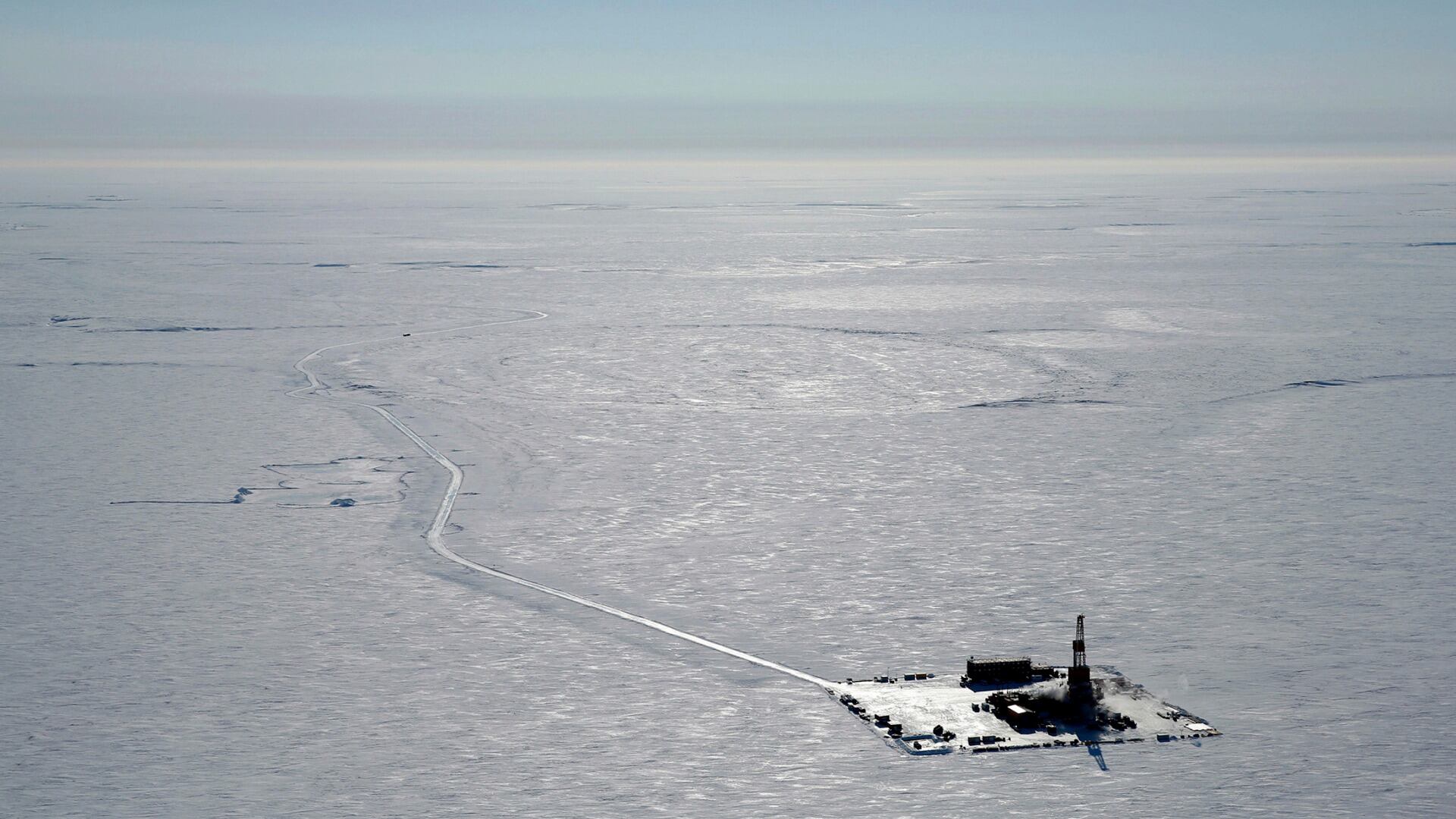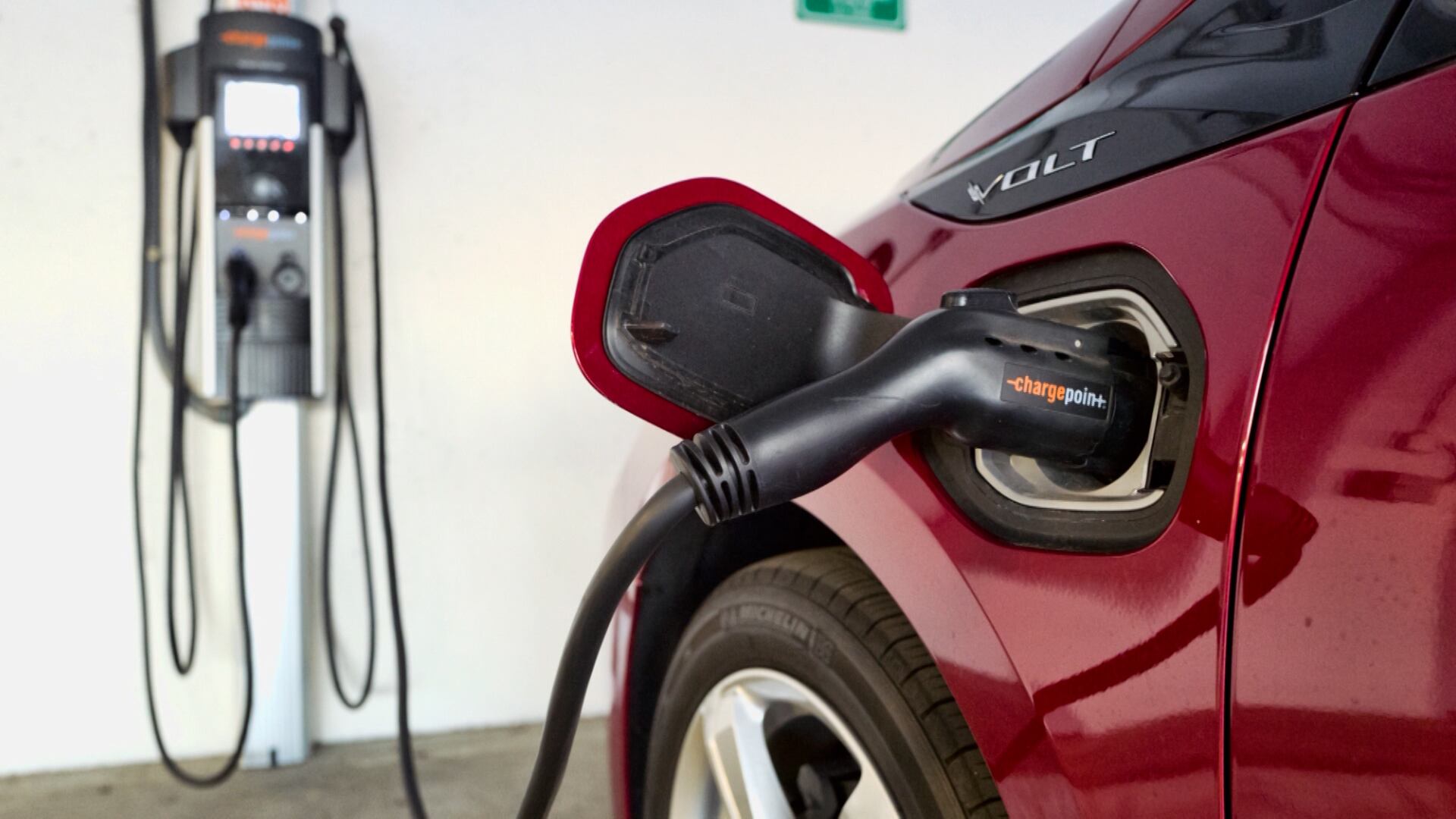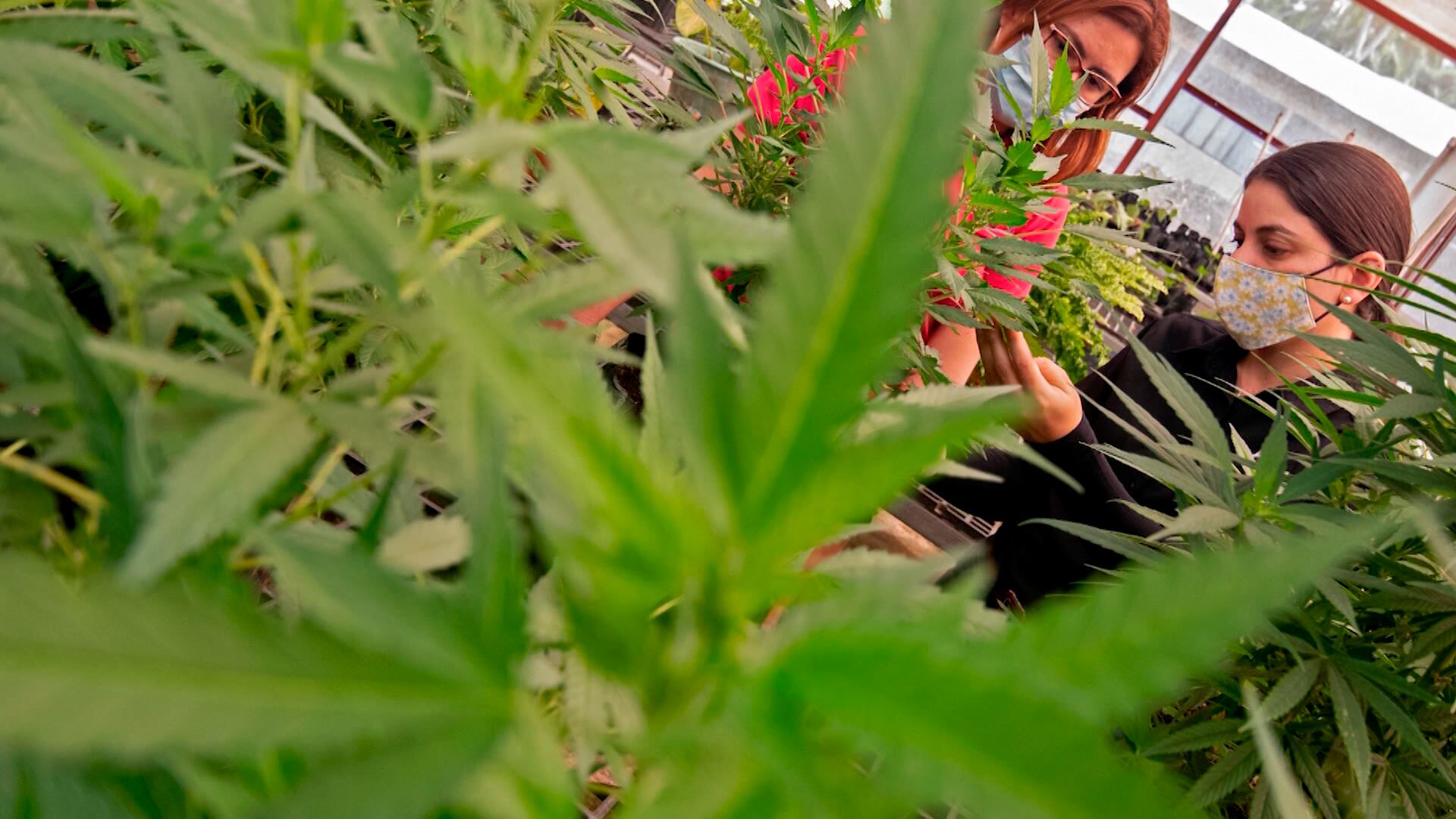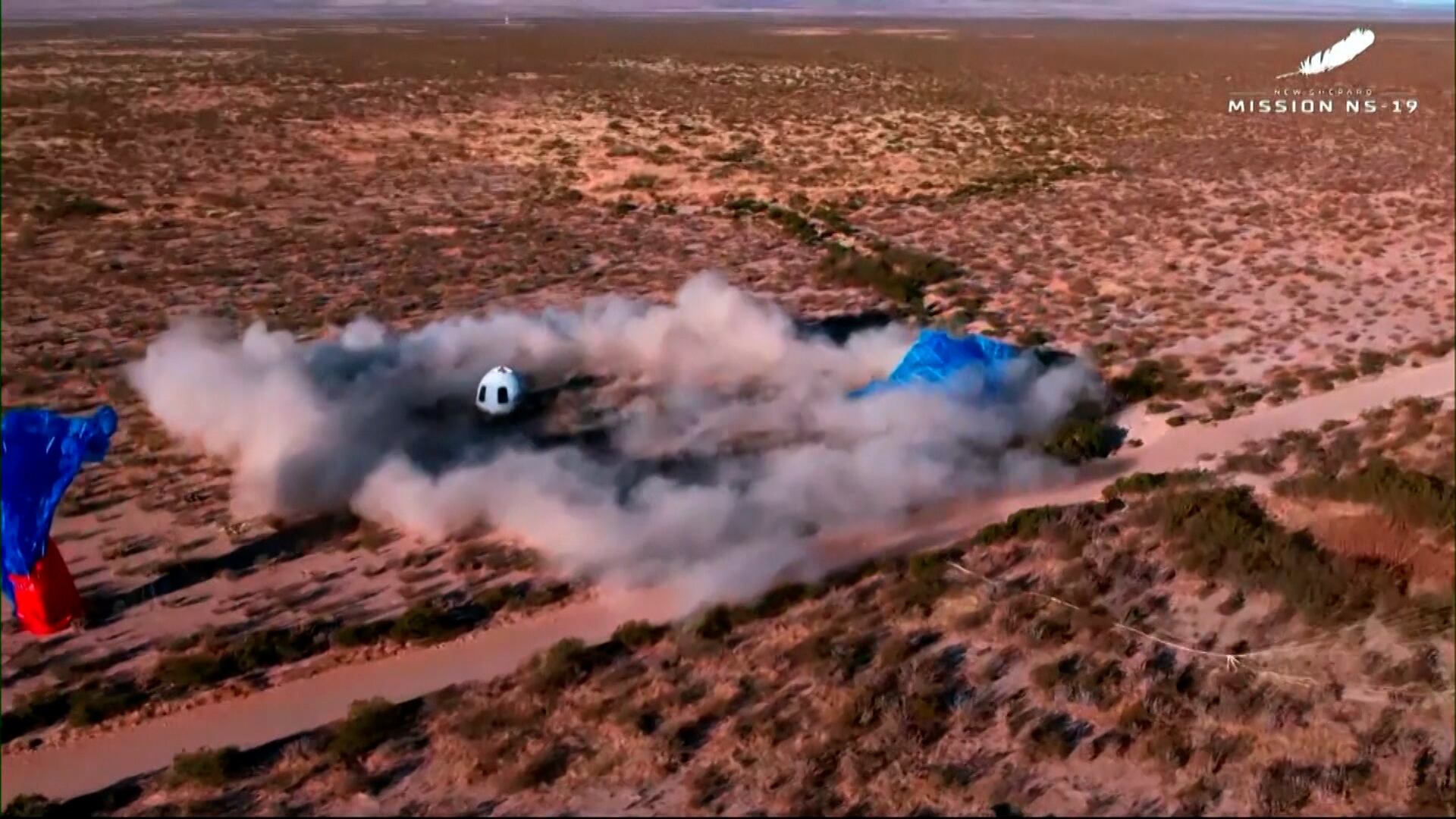By Matthew Daly and Chris Megerian
The Biden administration said Monday it is approving the huge Willow oil-drilling project on Alaska's petroleum-rich North Slope, a major environmental decision by President Joe Biden that drew quick condemnation that it flies in the face of the Democratic president’s pledges to slow climate change.
The announcement came a day after the administration, in a move in the other direction toward conservation, said it would bar or limit drilling in some other areas of Alaska and the Arctic Ocean.
The Willow approval by the Bureau of Land Management would allow three drill sites, which would include up to 199 total wells. Two other drill sites proposed for the project would be denied. Project developer ConocoPhillips has said it considers the three-site option workable, and company chairman and CEO Ryan Lance called the order “the right decision for Alaska and our nation.”
Houston-based ConocoPhillips will relinquish rights to about 68,000 acres of existing leases in the National Petroleum Reserve-Alaska.
The order, one of the most significant of Interior Secretary Deb Haaland's tenure, was not signed by her but rather by her deputy, Tommy Beaudreau, who grew up in Alaska and has a close relationship with state lawmakers. She was notably silent on the project, which she had opposed as a New Mexico congresswoman before becoming Interior secretary two years ago.
Climate activists were outraged that Biden approved the project, which they say put his climate legacy at risk. Allowing the drilling plan to go forward would be a major breach of Biden’s campaign promise to stop new oil drilling on federal lands, they say.
However, administration officials were concerned that ConocoPhillips’ decades-old leases limited the government’s legal ability to block the project and that courts might have ruled in the company’s favor.
Monday's announcement is not likely to be the last word, with litigation expected from environmental groups.
The Willow project could produce up to 180,000 barrels of oil a day, create up to 2,500 jobs during construction and 300 long-term jobs, and generate billions of dollars in royalties and tax revenues for the federal, state and local governments, the company said.
The project, located in the federally designated National Petroleum Reserve-Alaska, enjoys widespread political support in the state. Alaska Native state lawmakers recently met with Interior Secretary Deb Haaland to urge support for Willow.
Sen. Lisa Murkowski, R-Alaska, said Monday the decision was “very good news for the country.”
“Not only will this mean jobs and revenue for Alaska, it will be resources that are needed for the country and for our friends and allies,” Murkowski said. “The administration listened to Alaska voices. They listed to the delegation as we pressed the case for energy security and national security.”
Fellow Republican Sen. Dan Sullivan said conditions attached to the project should not reduce Willow's ability to produce up to 180,000 barrels of crude a day. But he said it was “infuriating” that Biden also moved to prevent or limit oil drilling elsewhere in Alaska.
Environmental activists who have promoted a #StopWillow campaign on social media were fuming at the approval, which they called a betrayal.
“This decision greenlights 92% of proposed oil drilling (by ConocoPhllips) and hands over one the most fragile, intact ecosystems in the world to" the oil giant, said Earthjustice President Abigail Dillen. "This is not climate leadership.''
Biden understands the existential threat of climate change, "but he is approving a project that derails his own climate goals,'' said Dillen, whose group vowed legal action to block the project.
Christy Goldfuss, a former Obama White House official who now is a policy chief at the Natural Resources Defense Council, said she was “deeply disappointed'' at Biden's decision to approve Willow, which would produce more than 239 million metric tons of greenhouse gases over the project’s 30-year life, roughly equal to the combined emissions from 1.7 million passenger cars.
"This decision is bad for the climate, bad for the environment and bad for the Native Alaska communities who oppose this and feel their voices were not heard,'' Goldfuss said.
Anticipating that reaction among environmental groups, the White House announced on Sunday that Biden will prevent or limit oil drilling in 16 million acres in Alaska and the Arctic Ocean. The plan would bar drilling in nearly 3 million acres of the Beaufort Sea — closing it off from oil exploration — and limit drilling in more than 13 million acres in the National Petroleum Reserve.
The withdrawal of the offshore area ensures that important habitat for whales, seals, polar bears and other wildlife “will be protected in perpetuity from extractive development,″ the White House said in a statement.
The conservation announcement did little to mollify activists.
“It’s a performative action to make the Willow project not look as bad," said Elise Joshi, the acting executive director of Gen-Z for Change, an advocacy organization.
Alaska’s bipartisan congressional delegation met with Biden and his advisers in early March to plead their case for the project, while environmental groups rallied opposition and urged project opponents to place pressure on the administration.
City of Nuiqsut Mayor Rosemary Ahtuangaruak, whose community of about 525 people is closest to the proposed development, has been outspoken in her opposition, worried about impacts to caribou and her residents’ subsistence lifestyles. The Naqsragmiut Tribal Council, in another North Slope community, also raised concerns with the project.
But there is “majority consensus” in the North Slope region supporting the project, said Nagruk Harcharek, president of the group Voice of the Arctic Iñupiat, whose members include leaders from across much of that region.
The conservation actions announced Sunday complete protections for the entire Beaufort Sea Planning Area, building upon President Barack Obama’s 2016 action on the Chukchi Sea Planning Area and the majority of the Beaufort Sea, the White House said.
Separately, the administration moved to protect more than 13 million acres within the petroleum reserve, a 23-million acre chunk of land on Alaska’s North Slope set aside a century ago for future oil production.
The Willow project is within the reserve, and ConocoPhillips has long held leases for the site. About half the reserve is off limits to oil and gas leasing under an Obama-era rule reinstated by the Biden administration last year.
Areas to be protected include the Teshekpuk Lake, Utukok Uplands, Colville River, Kasegaluk Lagoon and Peard Bay Special Areas, collectively known for their globally significant habitat for grizzly and polar bears, caribou and hundreds of thousands of migratory birds.
___
Associated Press writers Becky Bohrer in Juneau, Alaska and Matthew Brown in Billings, Montana contributed to this story.
UPDATES: headline; adds quotes, details.













